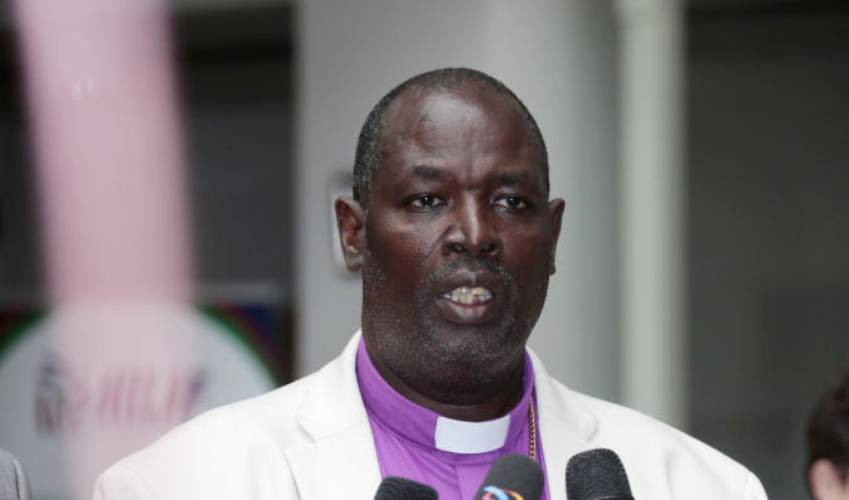×
The Standard e-Paper
Fearless, Trusted News

Church leaders have welcomed the government's move to crack down on rogue preachers and regulate operations at places of worship.
They said the code of conduct launched this week by religious leaders, human rights activists and lawyers will help weed out those who masquerade as pastors and tarnish the image of the church.